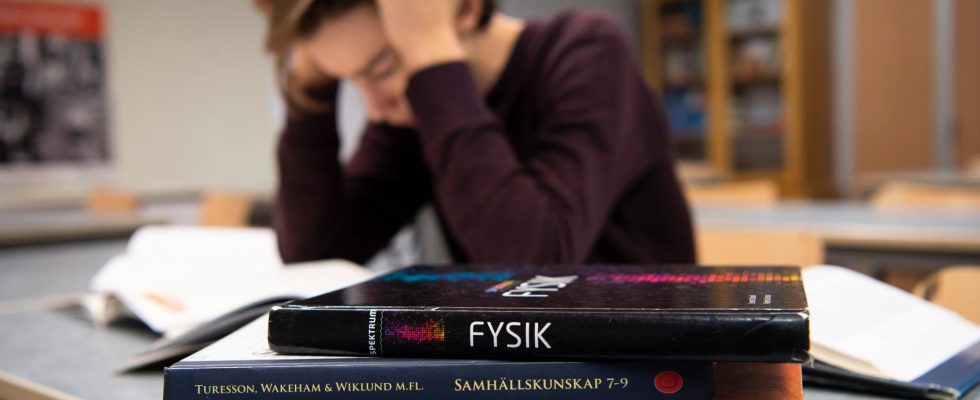Save the article
Ten percent of all children have an NPF diagnosis. But a new review shows that two out of three schools fall short when it comes to students with, for example, ADHD, autism and dyslexia.
The School Inspectorate has followed 125 lessons in 30 primary schools in grades 7–9, to examine how schools help students with neuropsychiatric difficulties.
The students risk worse school results, but often they themselves know what is required for the teaching to work for them. However, the teachers often do not know that. The students have often notified someone in the staff, but the information has not been disseminated to all the teachers concerned.
– You may find it difficult to get started with your work. A teacher who knows this can, after a review for everyone, approach the student and ask: do you know what to do now? Such a simple question, or briefly summarizing the review, can enable the student to get started, says Siri Morawski, investigator at the authority.
The students are also at risk of being exposed to “negative attitudes” both from staff and classmates, which she believes is due to ignorance.
– You feel that other students sigh when you end up in the same group when there is group work. It could be that you have difficulty understanding your role and contributing to the group, she says, adding that teachers should think about the composition and distribution of roles in group work.
Eight of the schools are judged to have high quality in all audited areas, which is seen as a sign that it could work everywhere.
– It is incredibly fun that you work well and give these students good conditions, says Siri Morawski.
FACT PF
Neuropsychiatric disabilities (NPF) affect one in ten students. It is a broad group, including ADHD, autism, dyslexia, tics and Tourette’s.
The conditions affect how the brain and nervous system work and handle information, and can affect concentration and involve a hypersensitivity to impressions, and difficulties in regulating emotions.
In the current review, the broader concept of neuropsychiatric difficulties is used, which also includes those who do not have – and may never receive – an NPF diagnosis.
Sources: SPSM, School Inspectorate
Read more
